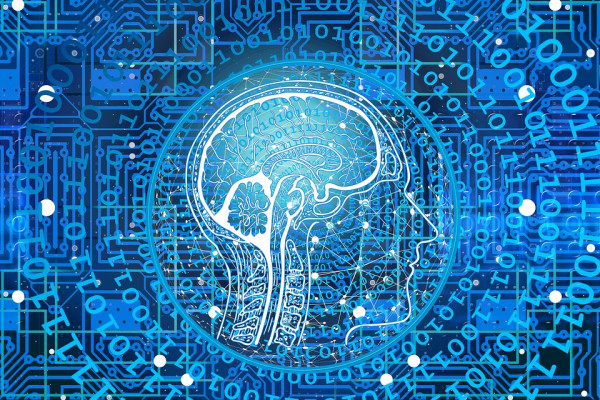How is AI changing the way we practise medicine?
Interviews about Medicine
Interviews about medicine, physiology, pathology, bacteria and viruses, pharmacology, food, hormones, neuroscience and psychology...
Featured
Blindness-causing diseases have for a long time been regarded as irreversible. But can gene therapy slow down or...
With Christmas behind us, many people will be ruing the amount they ate over the festive period. But why do we crave...
New activities slowly become automatic with repetition, but how long does this take?
Barry Everitt believes getting 'hooked' is as much about the environment triggering our habitual behaviour as...
What's happening in the brain when we form habits?
A light-activated, blood-resistant glue has been developed to use in minimally invasive cardiac procedures...
Researchers have discovered variations in how lab mice respond to drugs, highlighting problems with lab-bred strains
Our gene of the month is Headbobber - a gene defect in mice linked to hearing and balance problems
Prof Maria Bitner-Glindzicz and her team are searching for genes involved in childhood deafness
Australian scientists have discovered a key genetic variation that makes people respond to flu in different ways
Researchers have discovered an unexpected connection between the sleep disorder narcolepsy and the flu virus
Prof Karen Steel discusses what we know about the genetics of hearing loss, and how it could help people at risk of...
What happens if you delete the gene encoding an essential transfer RNA in yeast?
Why does the brain prefer sucrose over sweeteners? The neuronal cell population that gives sugar its appealing...
The sedating medication "zolpidem" has the paradoxical effect of waking up some patients with severe brain...
Contrary to prevailing wisdom, antibiotic-resitant typhoid bugs grow better than their unmutated counterparts...
How good are we are detecting what really constitutes a bargain?
How researching Huntington’s Disease is also helping us to grasp the incredible scale of complexity of the human brain.
Mice are also being used to study Huntington’s this time though, by accelerating the disease.
How trials are starting in sheep to find out if a new therapy for Huntington's could be developed, stopping...
Professor Jenny Morton discusses the similarities between sheep and teenagers, and how she's taught sheep to kick...
Can you find out how the human brain works by studying sheep? And look at sheep to develop a treatment for Huntington...
How scientists and families affected worked to identify the gene responsible for Huntington's Disease.
